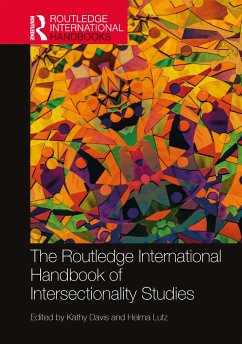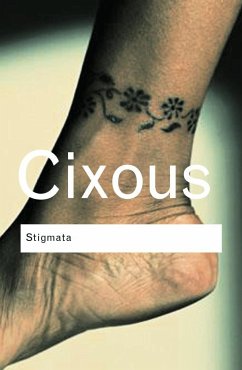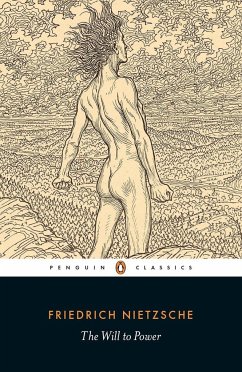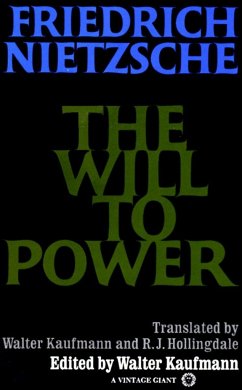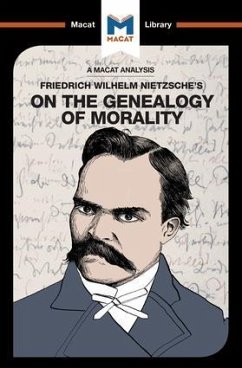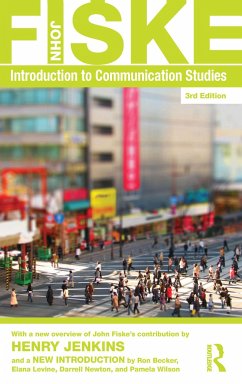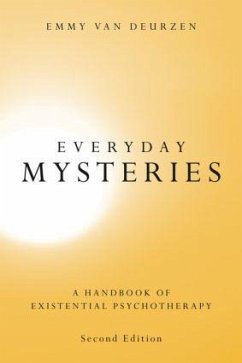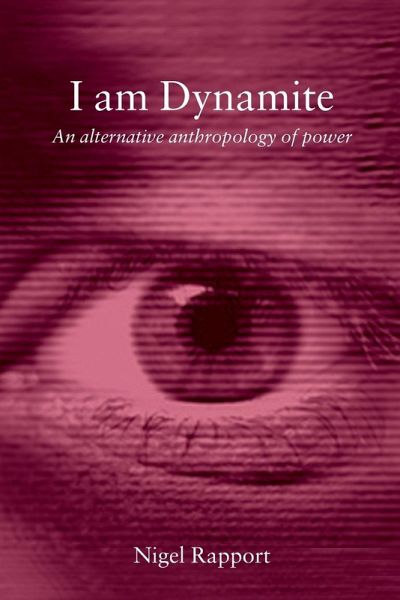
I Am Dynamite
An Alternative Anthropology of Power
Versandkostenfrei!
Versandfertig in 6-10 Tagen
48,99 €
inkl. MwSt.
Weitere Ausgaben:

PAYBACK Punkte
24 °P sammeln!
Power is conventionally regarded as being held by social institutions. We are taught to believe that it is these social structures that determine the environment and circumstances of individual lives. In I Am Dynamite, the anthropologist Nigel Rappaport argues for a different view. Focusing on the lives and works of the writer and Auschwitz survivor Primo Levi, refugee and engineer Ben Glaser, Israeli ceramicist and immigrant Rachel Siblerstein, artist Stanley Spencer, and philosopher Friedrich Nietzsche, he shows how we can have the capacity and inclination to formulate 'life projects'. It is...
Power is conventionally regarded as being held by social institutions. We are taught to believe that it is these social structures that determine the environment and circumstances of individual lives. In I Am Dynamite, the anthropologist Nigel Rappaport argues for a different view. Focusing on the lives and works of the writer and Auschwitz survivor Primo Levi, refugee and engineer Ben Glaser, Israeli ceramicist and immigrant Rachel Siblerstein, artist Stanley Spencer, and philosopher Friedrich Nietzsche, he shows how we can have the capacity and inclination to formulate 'life projects'. It is in the pursuit of these life projects, that is, making our life our work, that we can avoid the structures of ideology and institution.






